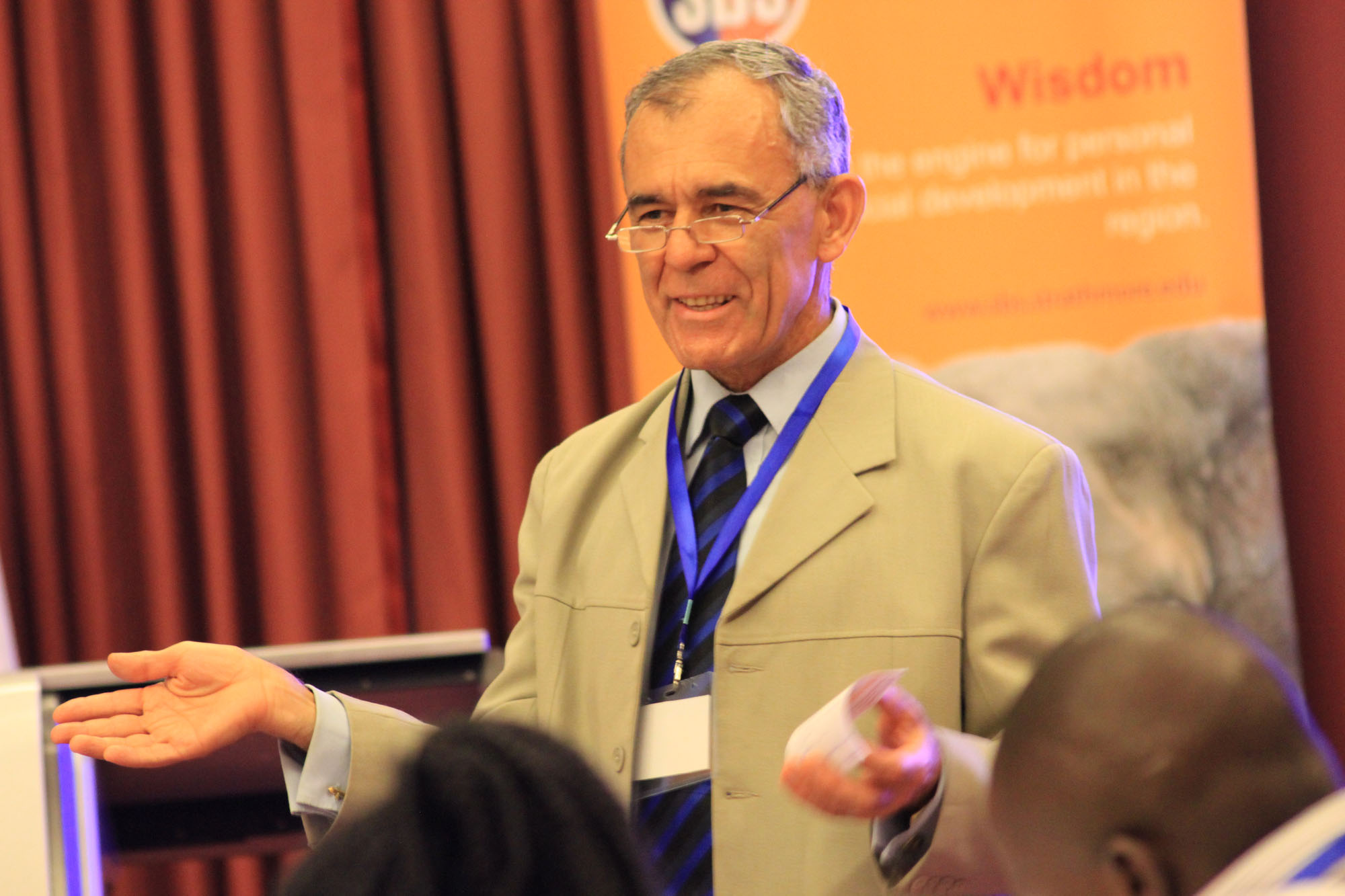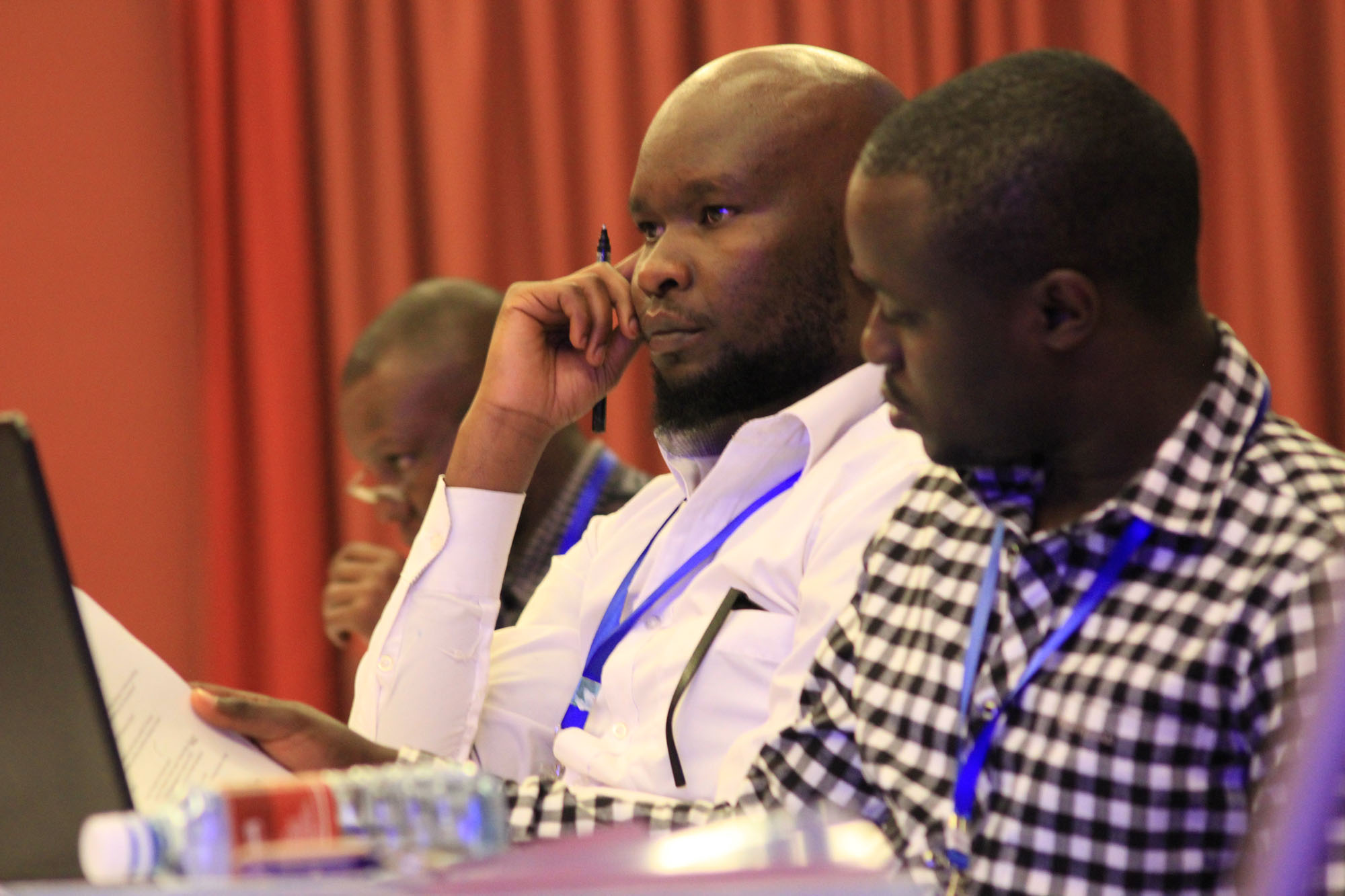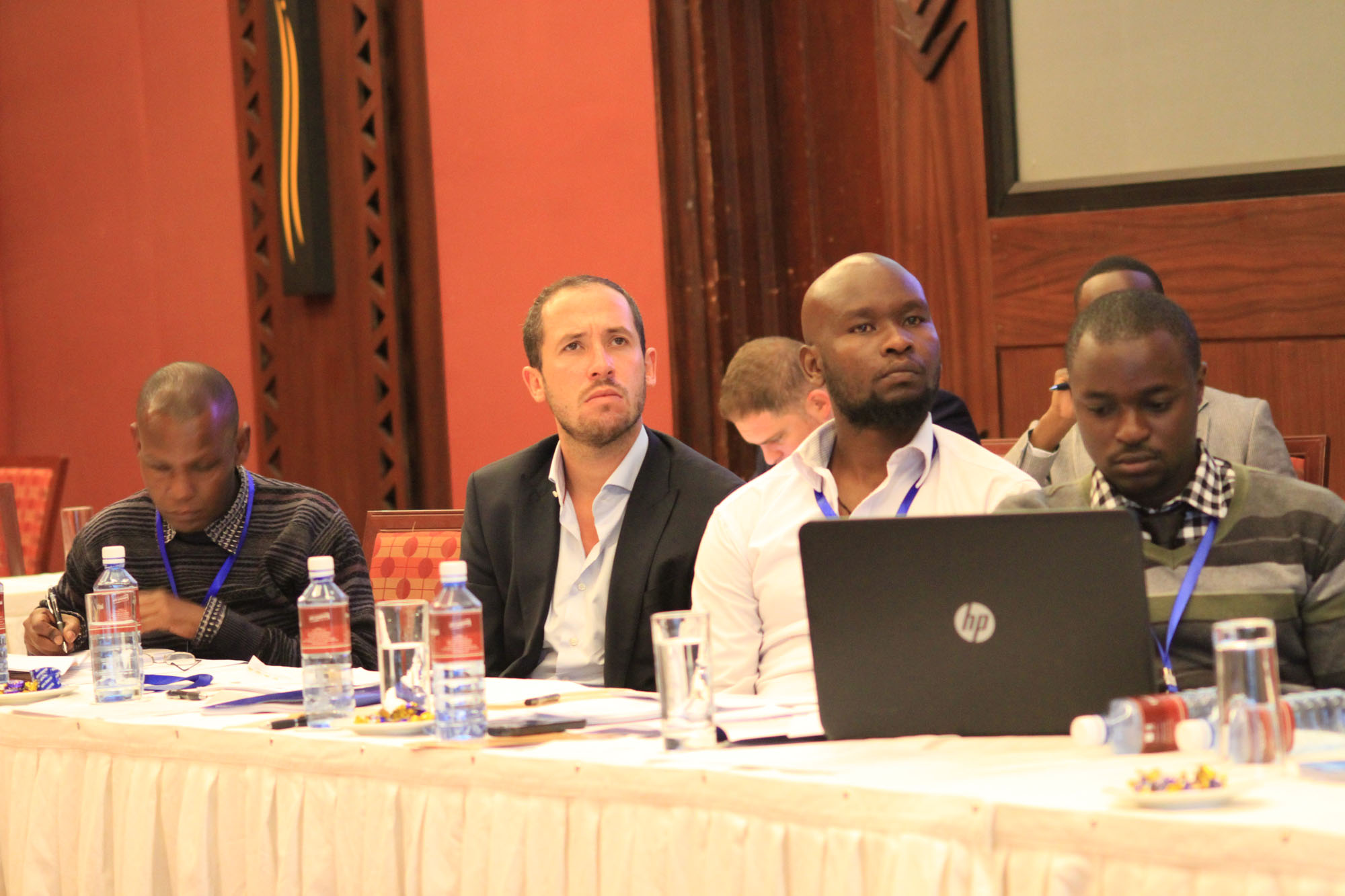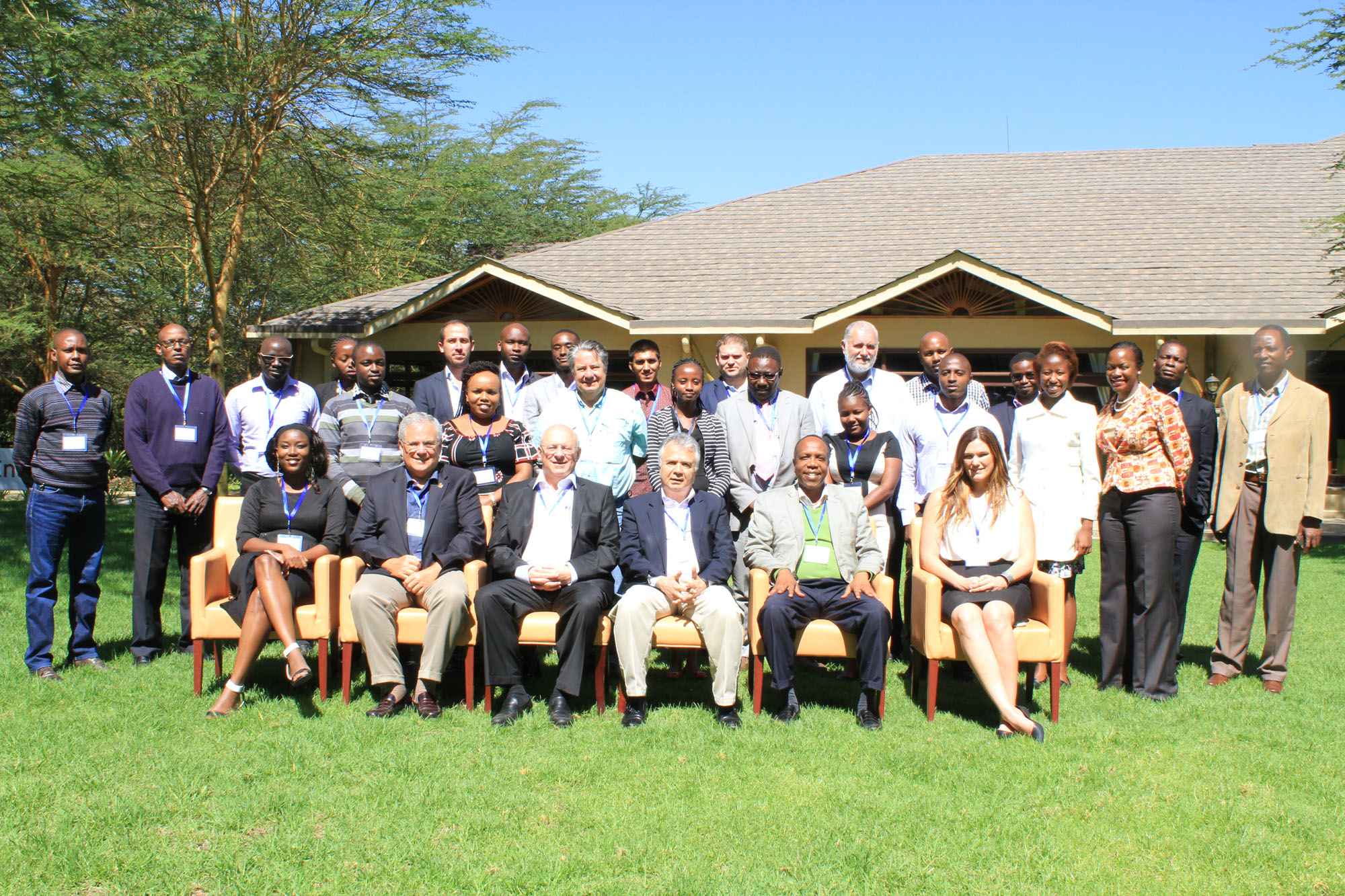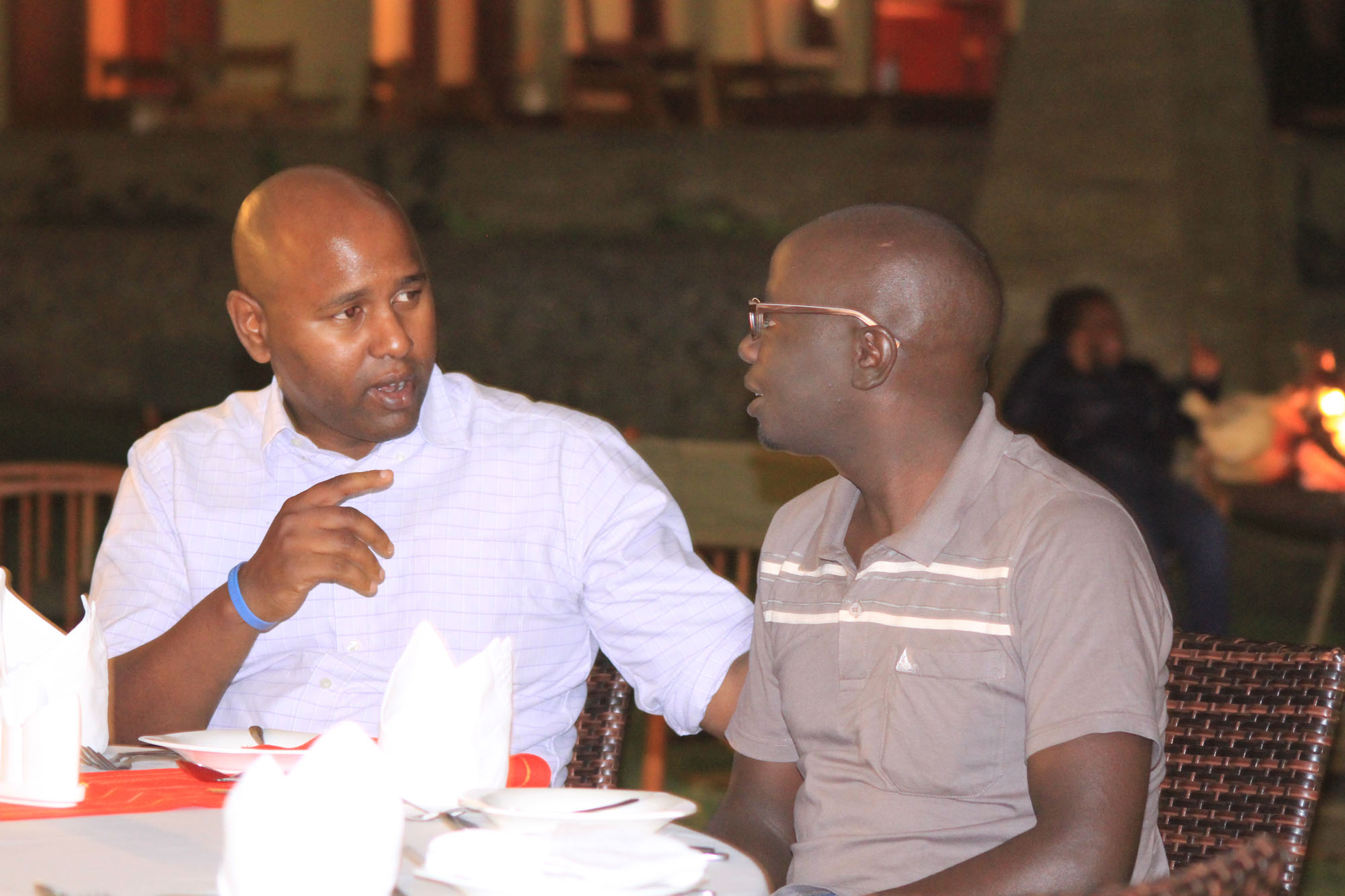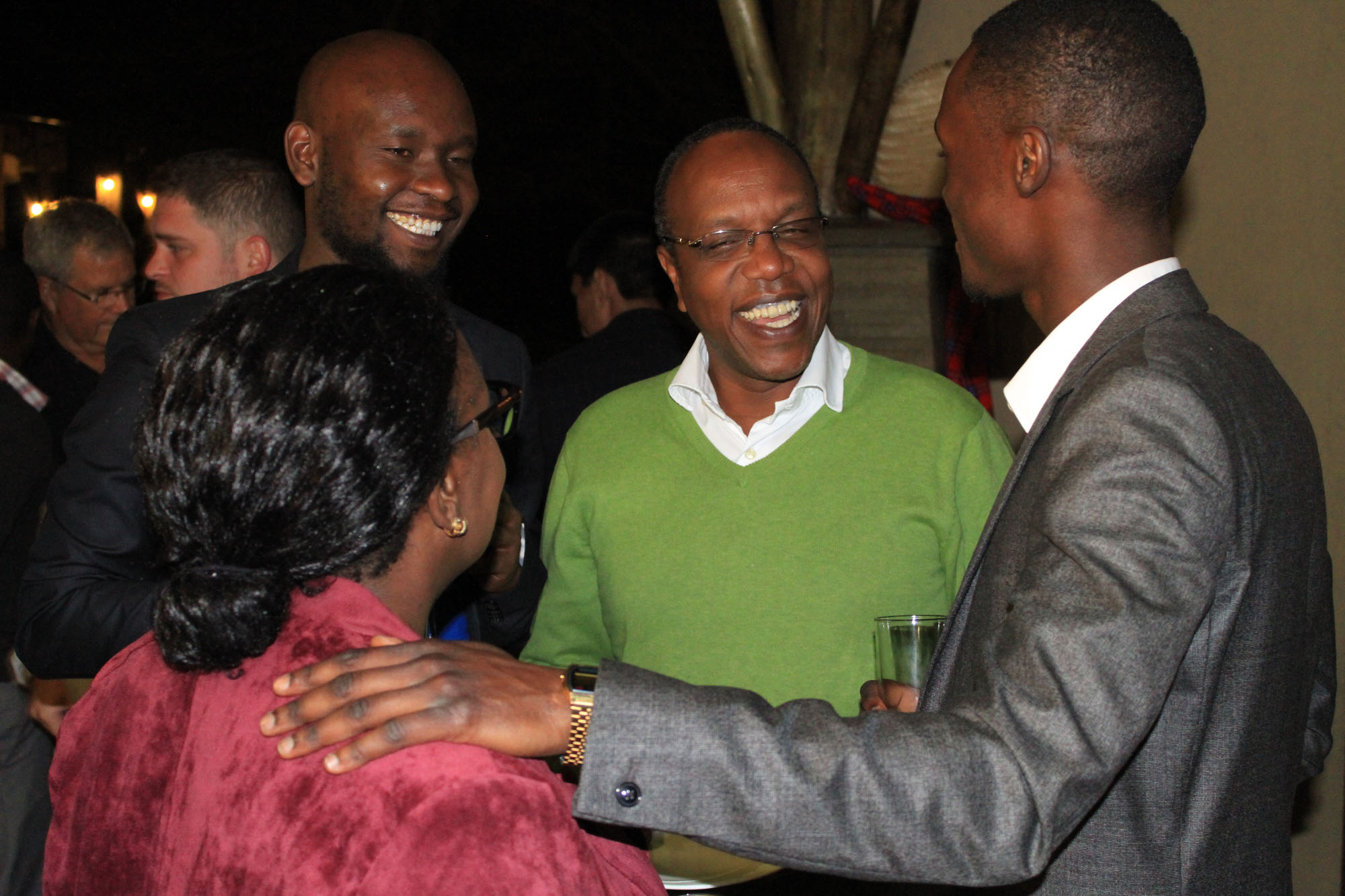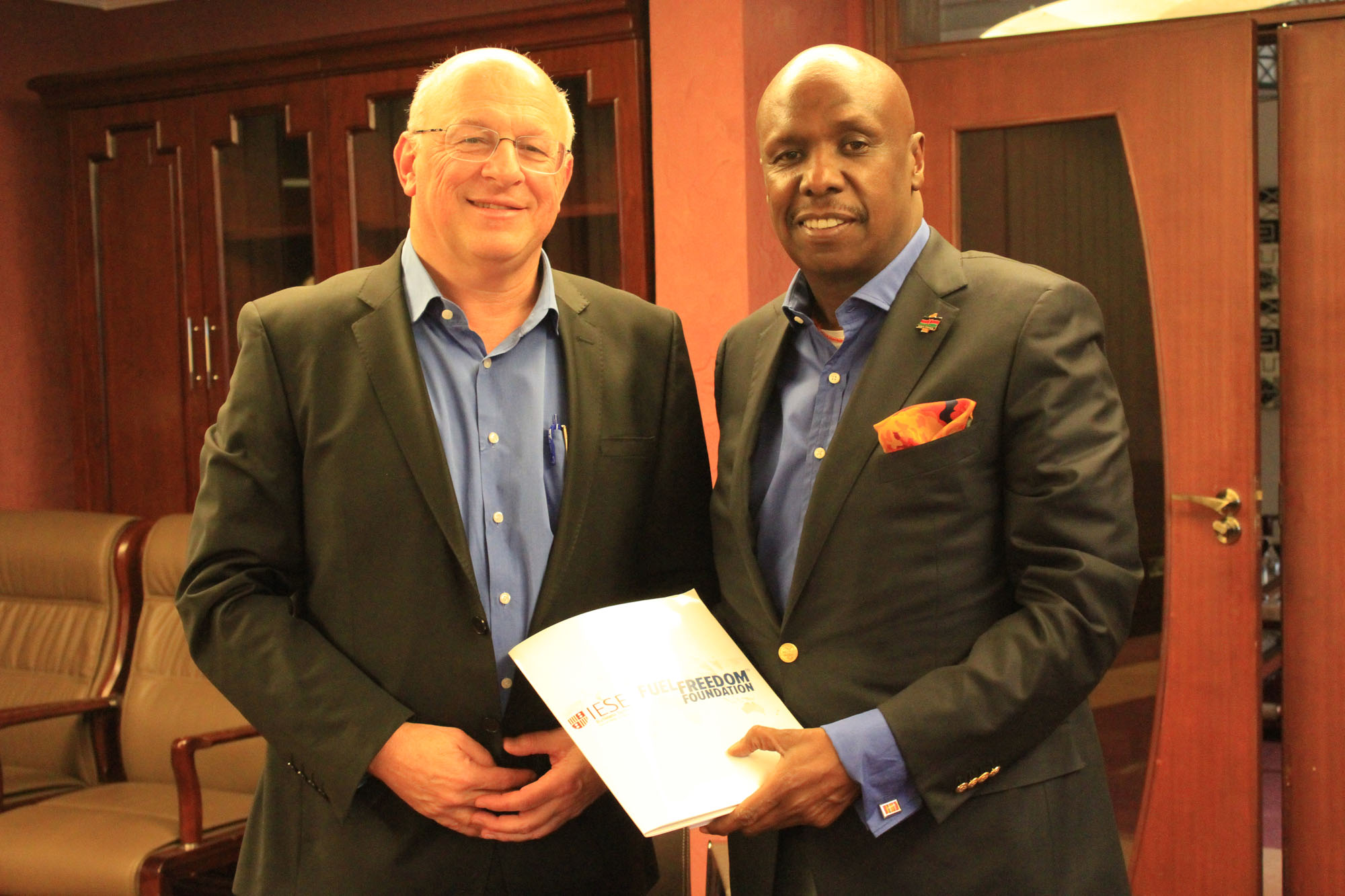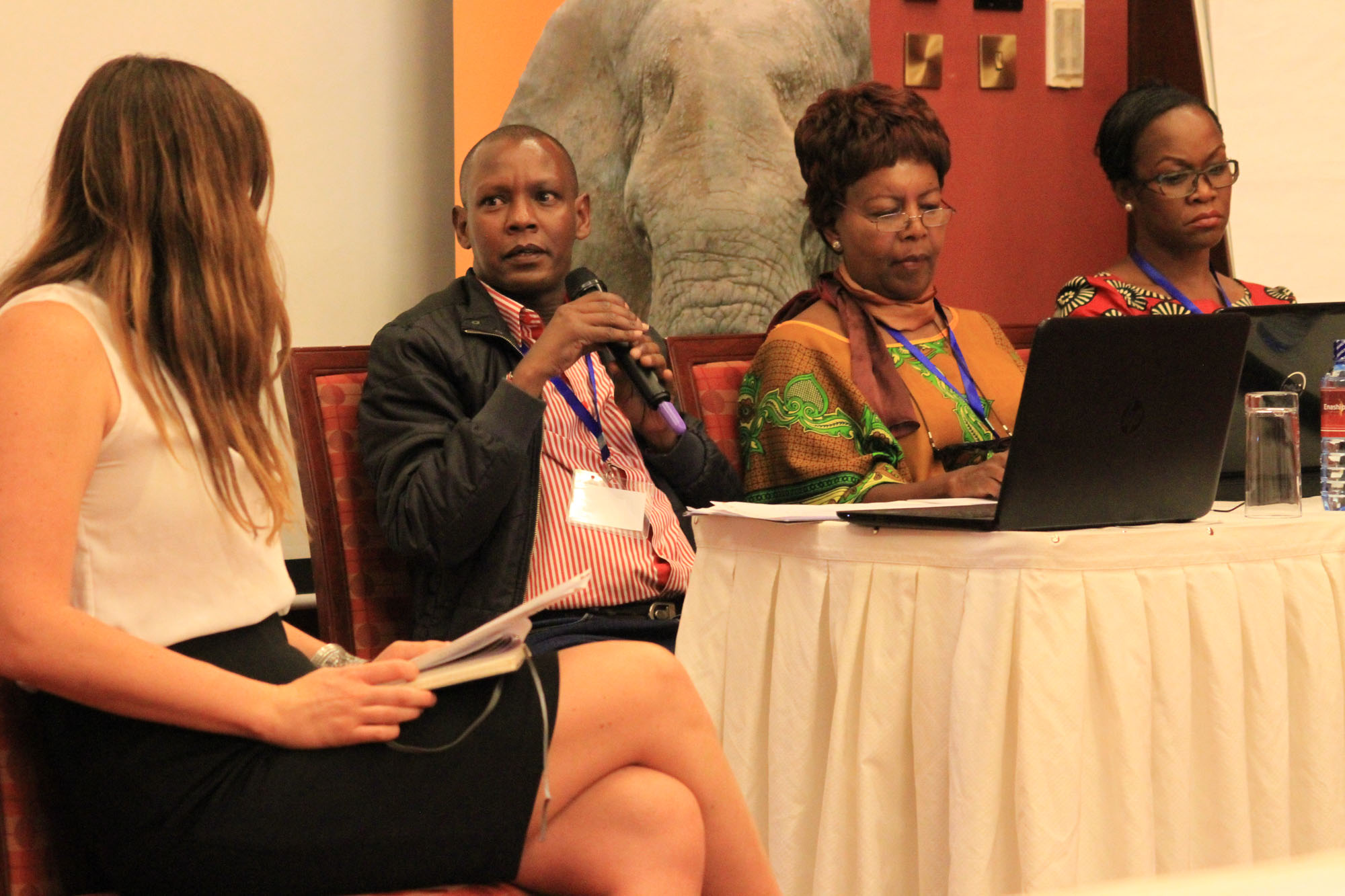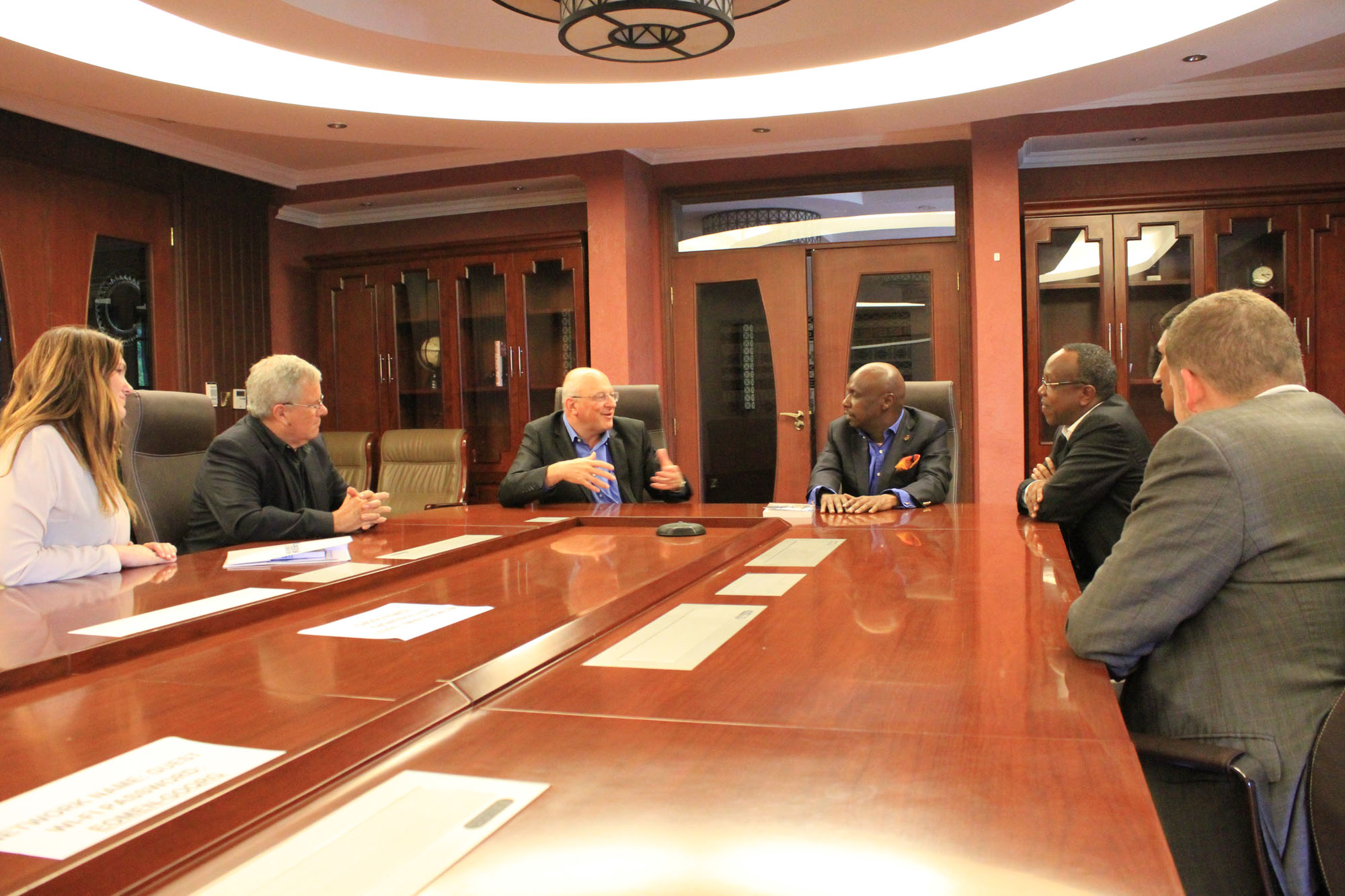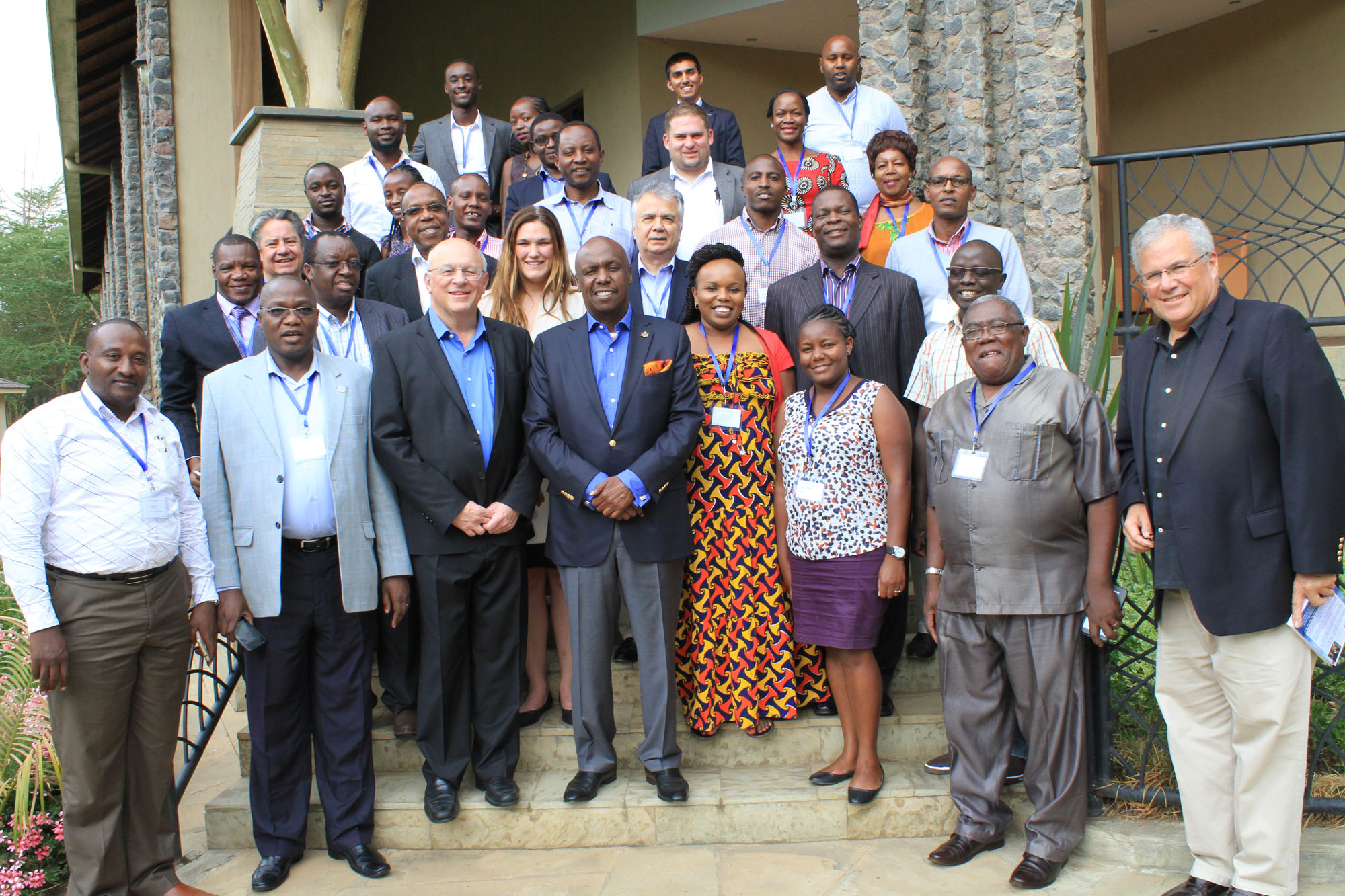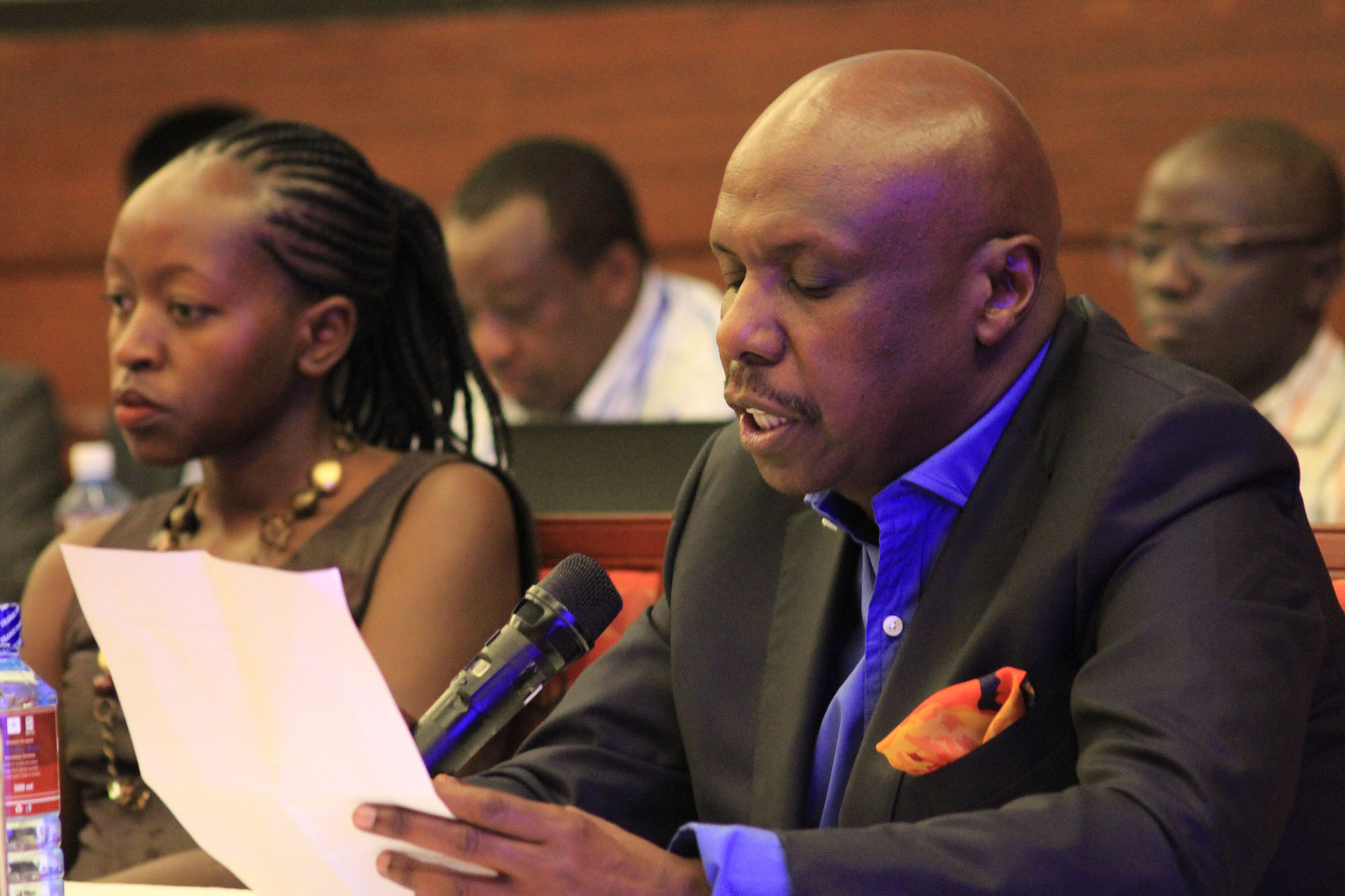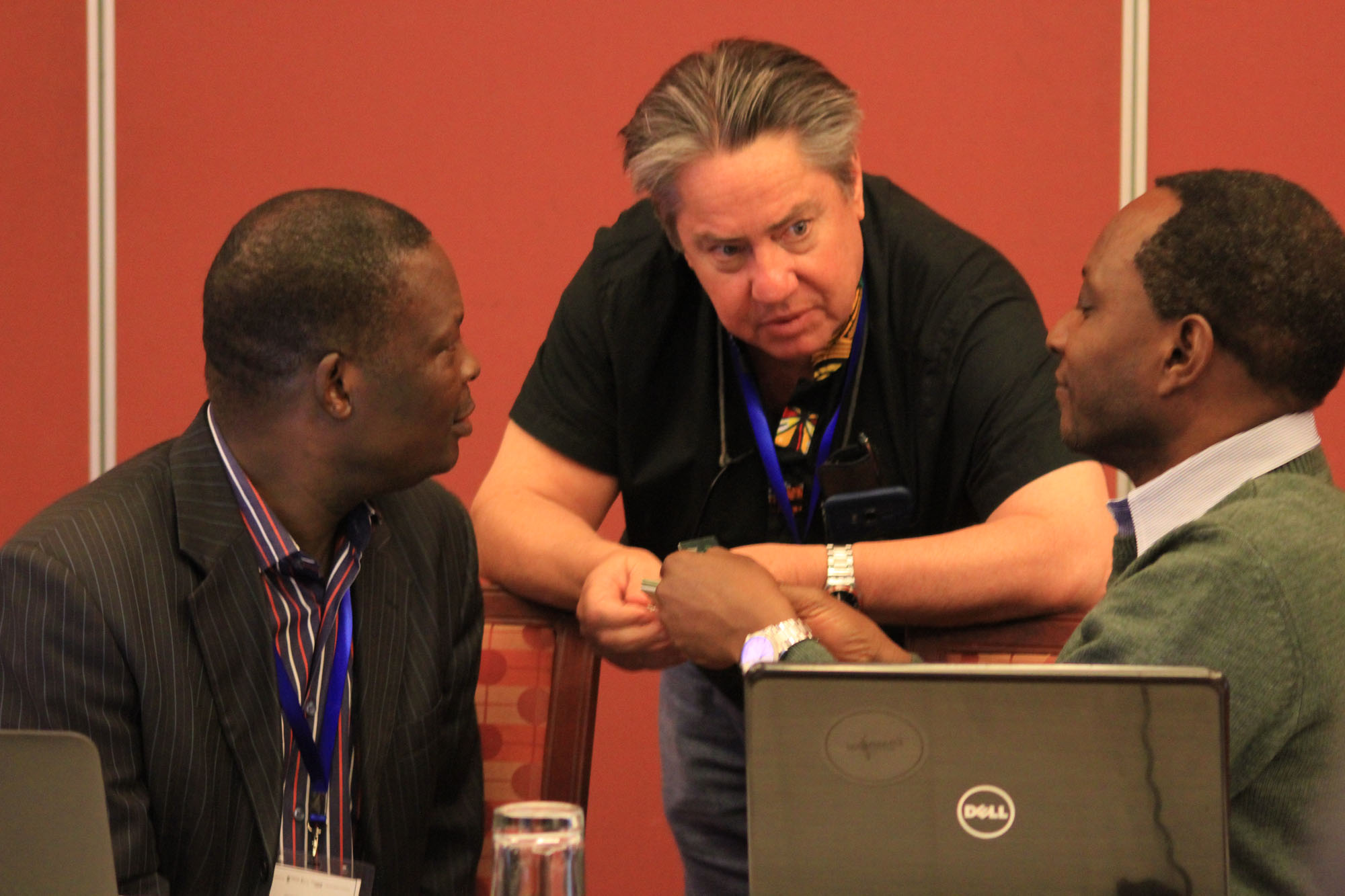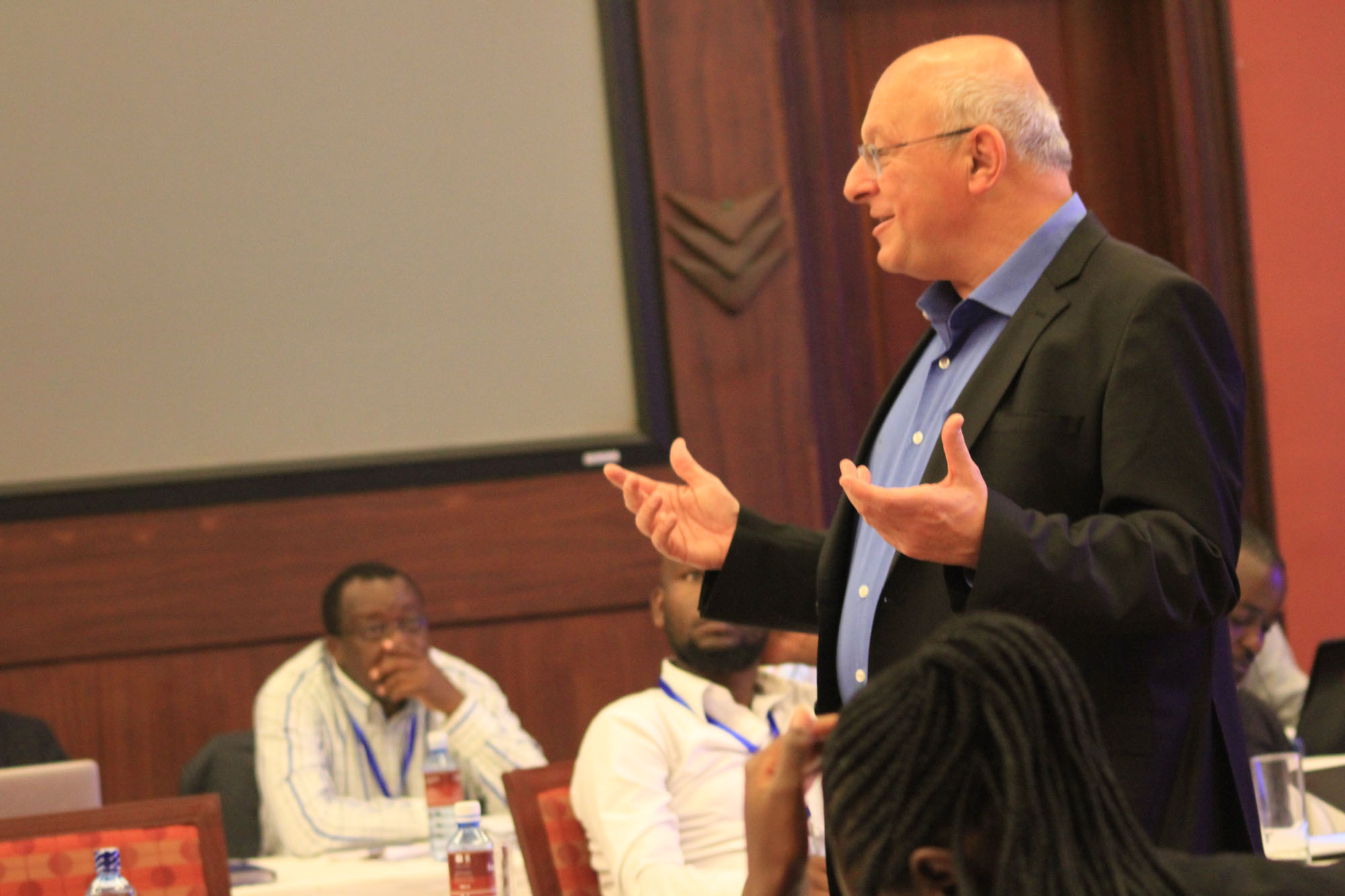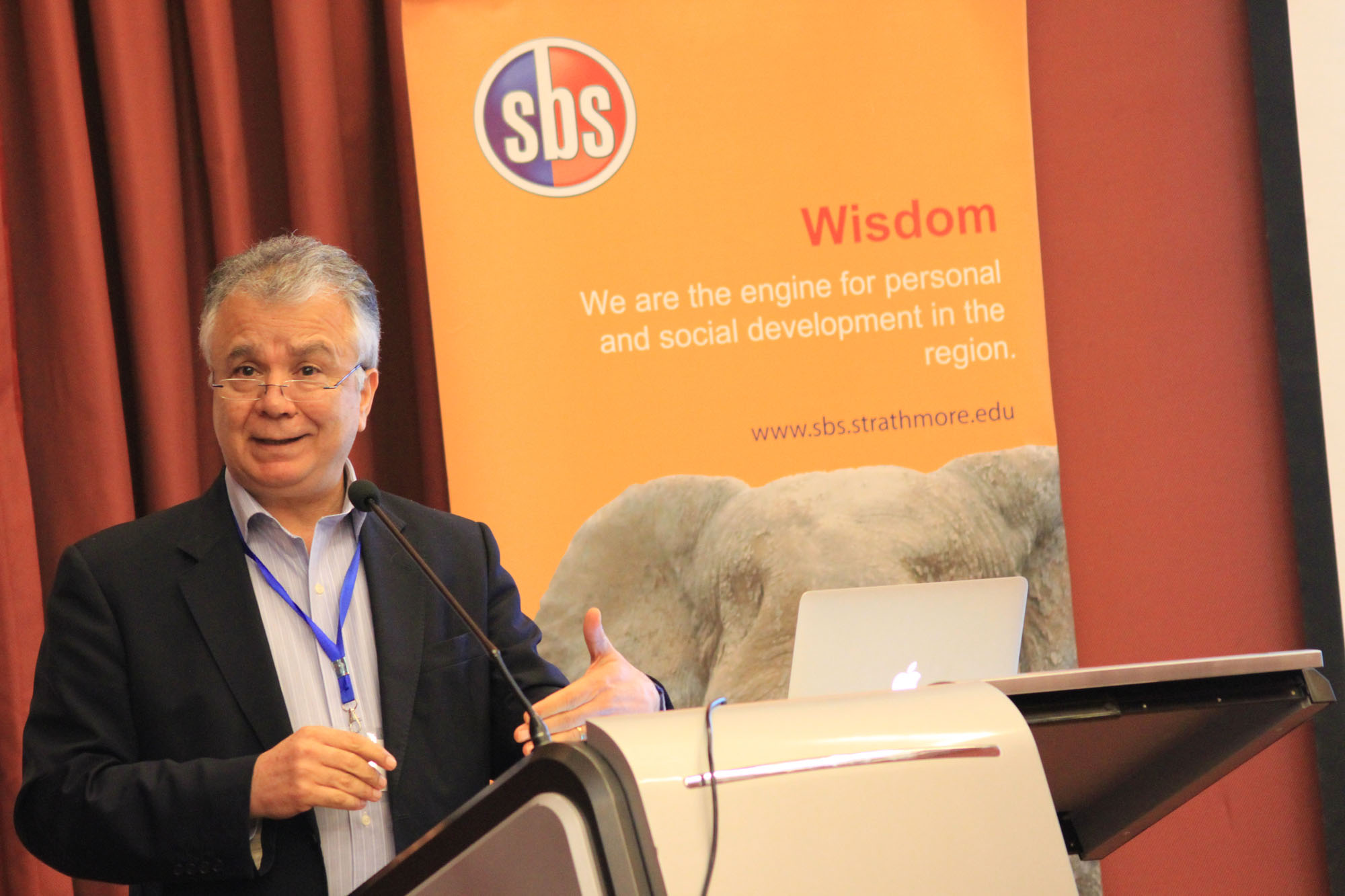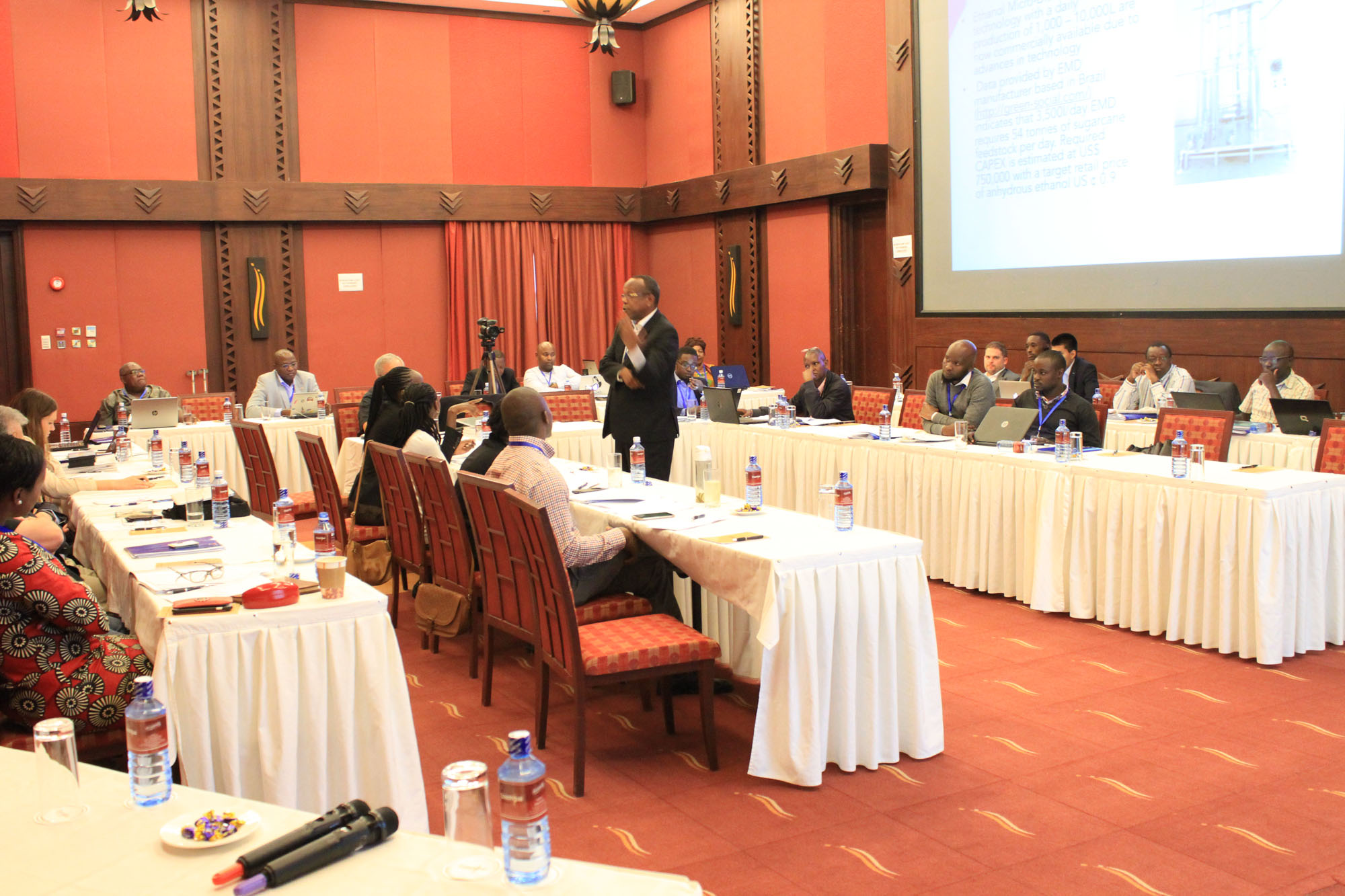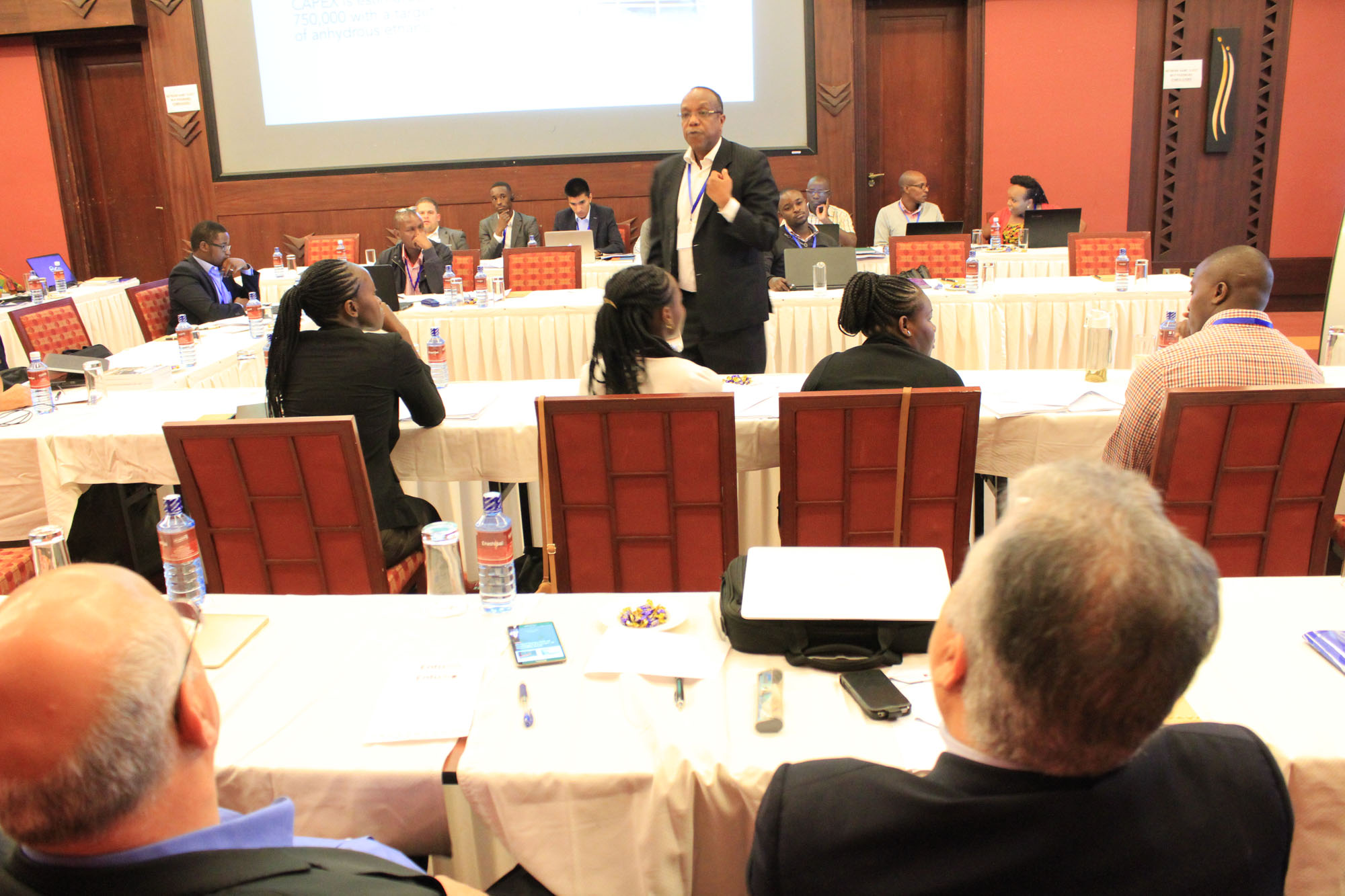
Kenya
Our first successful course, developed and led in partnership with the strathmore Business School in Nairobi, Kenya was held in the Great Rift Valley from March 5th through March 8th.
It presented 40 high-level, multidisciplinary participants representing government, investment banking, NGOs, and private sector businesses, with scalable and proven business solutions to address key issues in these four areas. It also sought to equip them with the knowledge necessary to invest in, and launch new businesses based on the information they receive.
The goal was achieved, and the participants took it a step further by forming a new structure to advance these business proposals forward – a group called “Kawi Energy”, with a CEO, an Advisory Board, and four projects and project leads for immediate development. The course also earned the approval and support of Senator Gideon Moi (Kenya’s Chairman of the Senate Energy, Transportation and Roads Committee), who is committed to seeing these projects through, as our partner in this work.
The four projects are as follows:
- Transportation: An ethanol distillery (and crop growth) in Kenya and the development of market
for ethanol as an alternative fuel and blending fuel in the market Power generation: Conversion of Kenya’s diesel generators to methanol fuel - Cooking fuels: Making ethanol a viable fuel for cooking through partnership with the ethanol distillery
- Fertilizers: Development of a natural gas-to-fertilizer plant in partnership with National Oil Corporation of Kenya, at sites of newly discovered oil in Kenya.
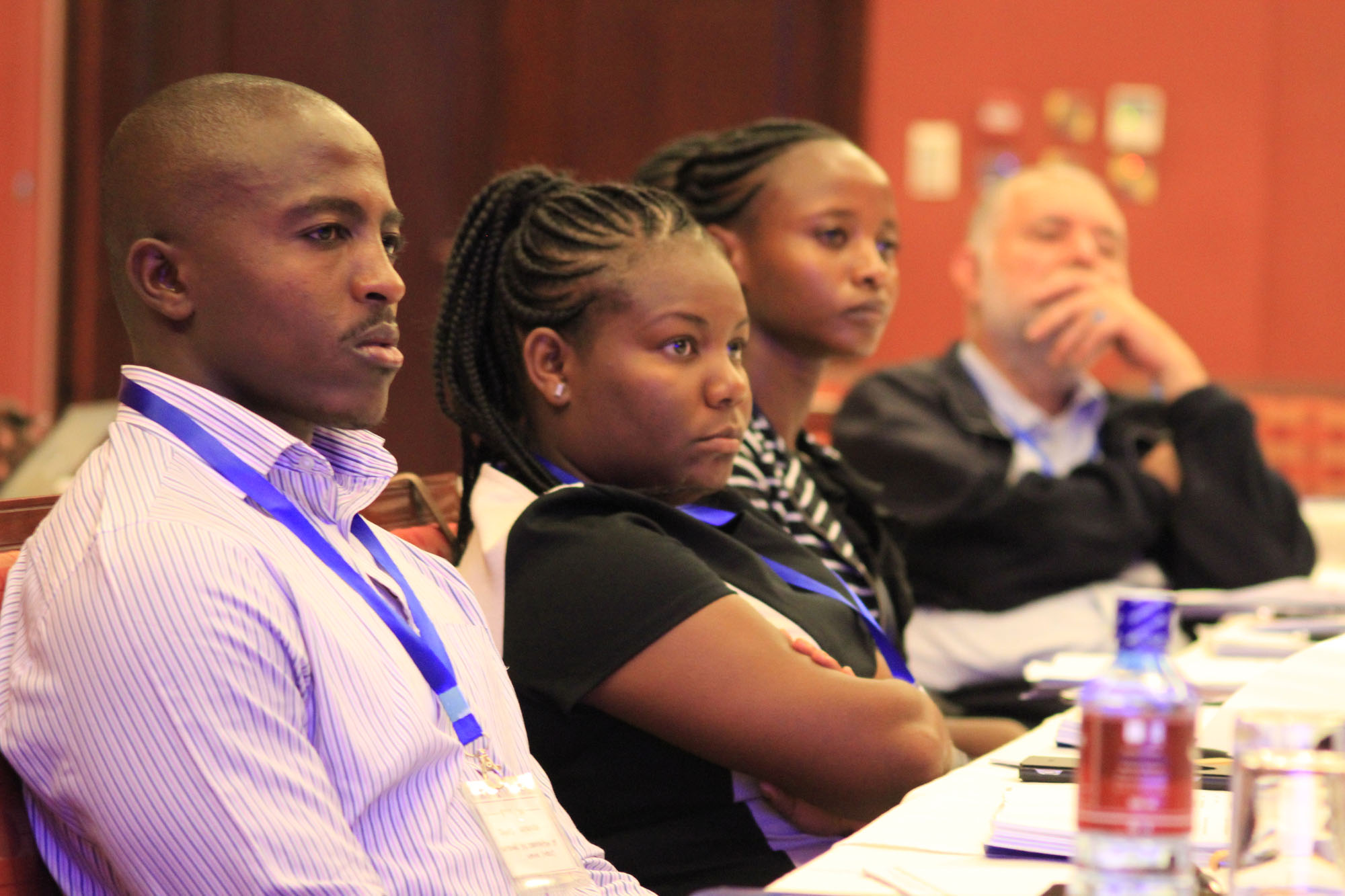
COTE D’IVOIRE
Building on the success of our inaugural course in Kenya in 2017, Fuel Freedom launched its second focus country program in May of 2018 in
Cotê D’Ivoire.
The course, which was held in Abidjan, the capital of Cote D’Ivoire from May 22-24th 2018, at the Sofitel Hotel, was conducted in French and English and presented more than 60 high-level multidisciplinary participants representing government, investment banking, nongovernmental organizations (or nonprofit NGO), and private sector businesses, with scalable and proven business solutions to address key issues in our four key pillars: Transportation, Cooking, Electricity and Fertilizer, and equip them with the knowledge necessary to invest in and launch new businesses based on the information they receive.
The course was held over a period of two days, and included a variety of presentations of our research, case studies, and expert panels. Unfortunately, the Minister of Energy, Mr. Thierry Thanoh regrettably cancelled his appearance the day before the course was set to take place. However, he did send his Chief of Staff in his stead, as well as many representatives from his department and cabinet. The program was introduced as being supported by the Minister of Energy as well as MDE, IESE, and Fuel Freedom.
There was much interest in each of the topic areas discussed, and unlike in Kenya where each day had the same participants, key leaders in each subject area circled in and out from pillar to pillar- diversifying our group of experts and further expanding our reach.

